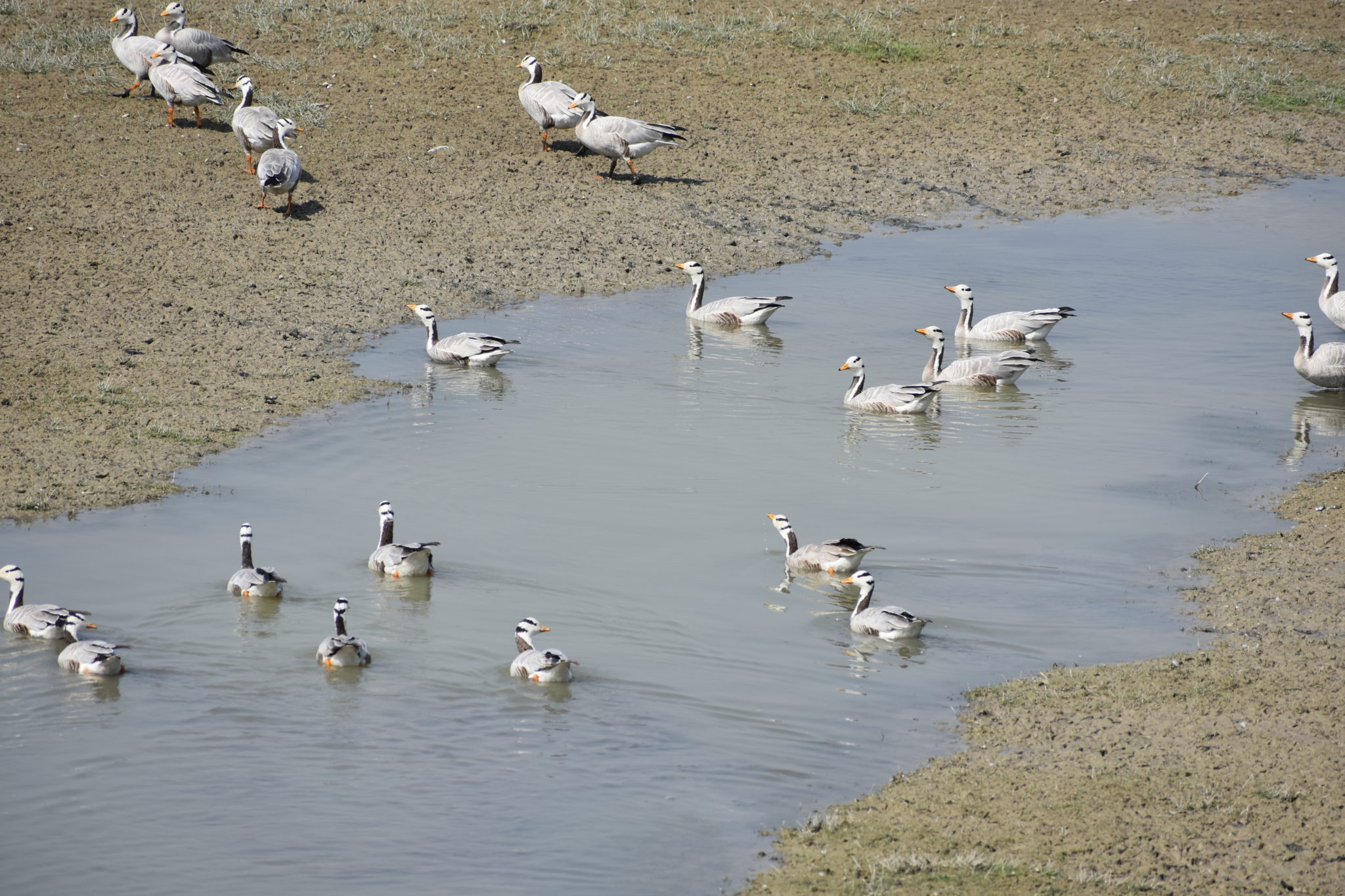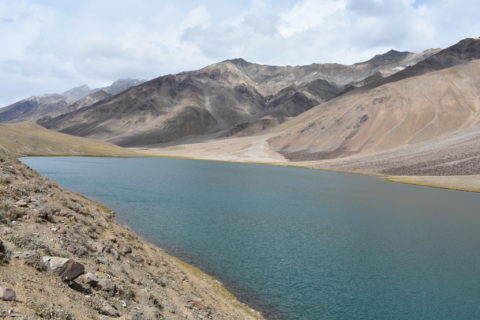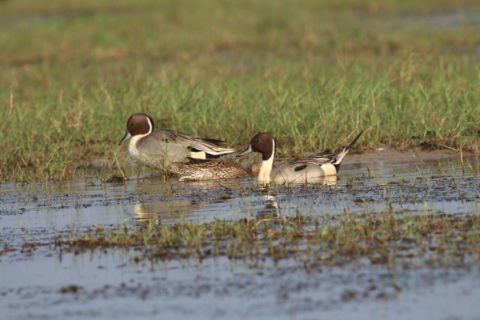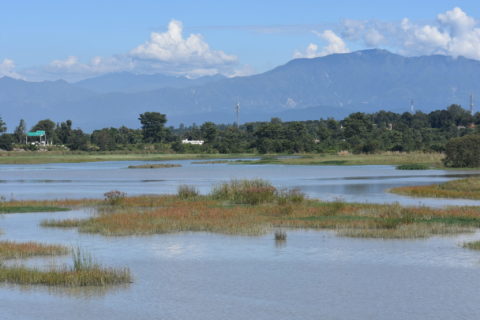
Join us to celebrate World Wetlands Day 2023
-
Capacity development
-
Wetland values, status and trends

World Wetlands Day is observed every year on February 2 to mark the day of the adoption of the Ramsar Convention and to raise global awareness about the incredible role of wetlands in ensuring our water, food and climate security. The 2023 theme for World Wetlands Day 2023 is ‘Wetland Restoration.’ This theme focuses on the urgent need to take affirmative action by investing financial, human and political capital to save the world’s wetlands from deterioration and restore those that have been degraded.
Wetlands International South Asia will be organising a public event on February 2 to mark the occasion of World Wetlands Day 2023 at the India International Centre, New Delhi. Mr. Amitabh Kant, G20 Sherpa of India will grace the occasion as the chief guest. Eminent personalities from diverse fields will be a part of the panel discussion, chaired by eminent scientist and former vice chancellor of Jawahar Lal University Prof. Sudhir Sopory.

Wide variations in rainfall, physiography, geomorphology and climate create a rich diversity of wetlands in India. Wetlands range from high-altitude lakes of the Himalayas, floodplains and marshes of the Gangetic – Brahmaputra alluvial plains, saline flats of Great Indian Desert to extensive mangroves and coral reef areas bordering the country’s eastern and western coastline. As per National Wetland Atlas, India has 15.86 million ha area under wetlands, accounting for roughly 4.8% of land area. Notably, 73% (0.56 million) of wetlands have area less than 2.25 ha.
Wetlands provide several benefits to humanity and therefore need to be conserved and used wisely. Wetlands are an important source of water security, act as buffers in extreme events, provide livelihood to people depending on their produce, act as cultural and recreational hubs and help in climate change mitigation and adaptation. Wetlands provide excellent opportunities for education and research and are good habitats for migratory birds and hot spots of biodiversity. Wetlands are valuable as sources, sinks and transformers of a multitude of biological, chemical and genetic material. In addition, wetlands have special attributes as the cultural heritage of humanity, and have deep connections with our beliefs and practices.
Inspite of all the benefits provided by wetlands, these ecosystems continue to be degraded, polluted, encroached upon and converted for alternate uses. A wetland area trend index constructed by Wetlands International South Asia for Indian wetlands based on 237 published data points for 1980 – 2014 indicates an average decline in natural wetlands area by 30%. The rapid loss of natural wetlands is as much a threat to water and climate security, as is an environmental crisis.

Restoring wetlands requires collaborative efforts. A beginning can be made by raising universal awareness of the vital contributions wetlands make to biodiversity, climate mitigation and adaptation, freshwater availability, world economies — and thereby, to our prosperity and well-being.
The full range of values and functions of wetlands need to be considered and integrated in developmental plans, programmes and investments at all levels and sectors. The theme of World Wetlands Day is a call to scale up efforts and to invest in the conservation, management and restoration of wetlands.
About Wetlands International South Asia
Wetlands International South Asia is a non-government organization that works for restoring and sustaining wetlands, their resources, and biodiversity in the South Asia region. The organization provides evidence-based scientific and technical advice to central and state governments, wetland authorities, and civil society on various aspects of wetland management. The Wetlands International South Asia office in New Delhi (India) was established in 1996 as part of the Wetlands International network. During 25 years of work in India, the organisation has formulated integrated plans for holistic management of several wetlands, conducted training courses for capacity development of wetland managers, undertaken inventory and assessments of wetland biodiversity and ecosystem services, and worked to enhance awareness of wetland values in society at large. A General Body comprising eminent conservation planners and experts steer the organisation’s strategic directions. Further information on our work is at: south-asia.wetlands.org.
